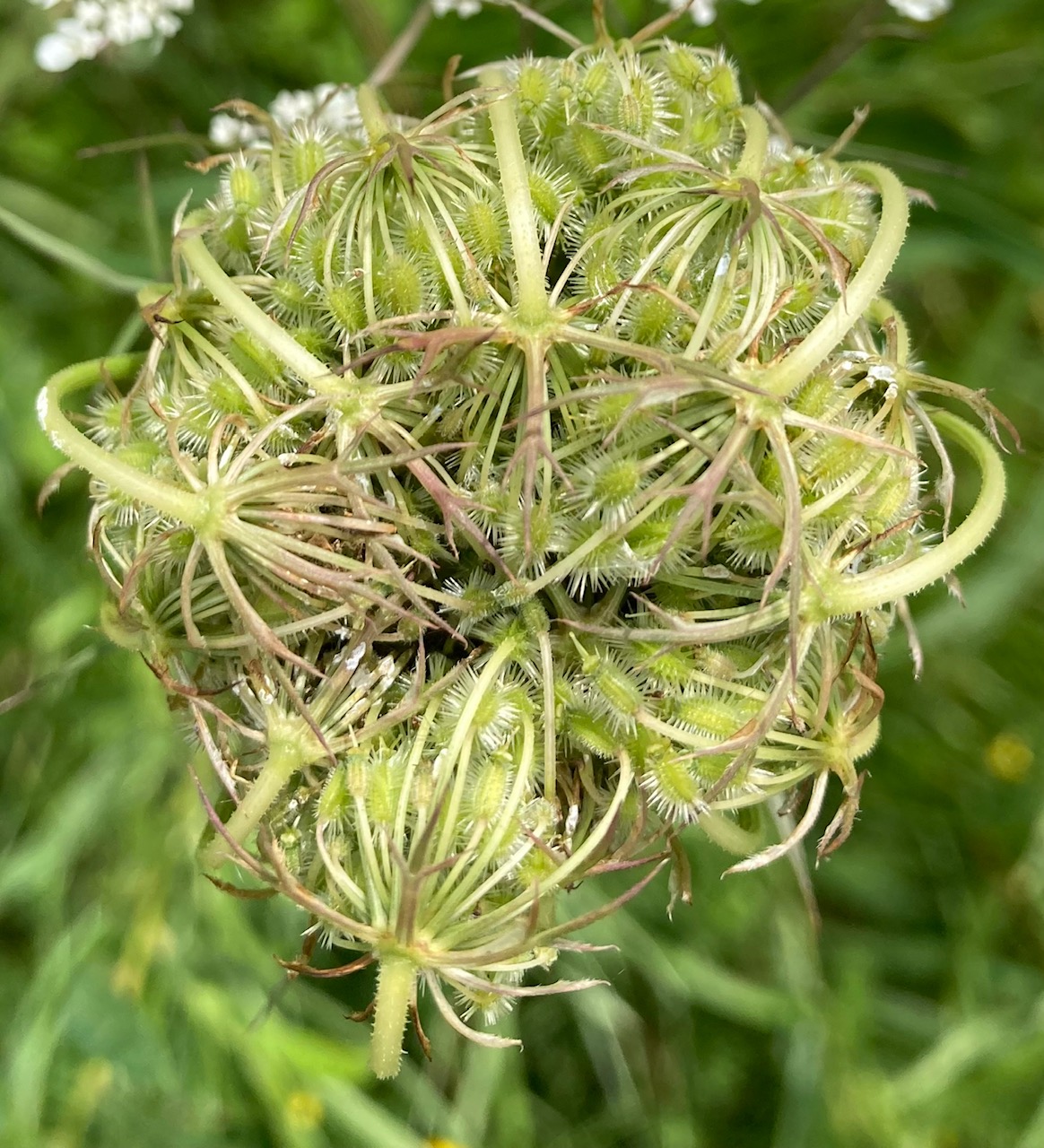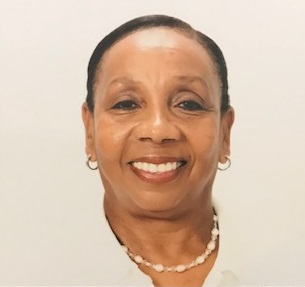 Ann Sheppard
Ann Sheppard
An Opening in the Curtain
by MARTHA WASHINGTON
I approach the alleyway that leads to my house and say goodbye to my friends. I stop for a moment and gaze apprehensively down the unpaved alley dotted with houses, my own looming at the far end. I think about what I might find when I open the door. I shift the books I am carrying and begin to walk.
Two rows of houses stand on the left and right sides of the alleyway. On either side, unkempt yards, paint peeling off the houses, broken fences and gates, missing roof tiles, and tattered screen doors on either side. I hear the sound of the gravel crunching under the soles of my shoes as I put one foot in front of the other. The sounds of Herb Albert and the Tijuana Brass, seventh-grade saxophone practice, dogs barking, children laughing, yelling, and crying, and the aroma of fried chicken fill the air. Trash cans without lids litter the sides and backs of the houses.
My eyes absorb the scene as I move cautiously toward the white-planked fenced house with a broad front porch. My best friend and her family live there. The boys playing in the front yard wave and call out my name. I smile and wave back. In this laughter-filled house, I learned about the Bahá’í Faith, how to sand and polish wood floors, how to iron and eat Italian food! Next to the garage sits a larger house with a broken front porch and a postage stamp yard. There the Gonzales’ kids are playing hard. The aroma of taco spices fills the air. I slow my pace then pause for a minute to take in the familiar and reassuring sights and sounds.
The Watson’s, a Native American family of four, live to the left, just off the street in the big white house with the large sitting porch. Pumpkin, the oldest daughter is a good friend. Mrs. Watson irons clothes for a living. I like the way their house smells — of fresh clothes and tasty food. Next, a small green faded house with no yard or fence. My brother, his wife, and my niece live there. My own home sits just in front of my brother’s and to the left. I avoid looking at it; instead, I continue walking toward the large white house where my friends from Oklahoma live. As usual, Betty is yelling for Reba Nell to come in and help her with the kids and the dinner.
My house is the last house on the left. As I approach, I try to prepare myself for what I might find inside my house today. I don’t know what to expect. My heart races and panic overwhelms me, so I slow my pace as I move toward the gated fence. I open it and pass through. The black and red curtains that hang from the large-paned window are not open today. I clutch my books close to me as I climb each step until I reach the small landing at my front door. First, I open the screen door and then reaching for the handle, I open the scratched wood door. I wonder, Where is mama today?
Will I be confronted with the pungent smell of stale alcohol, a drunken rage, the sound of a record spinning round and round — The clock is ticking, and time is running out... a song that never ends? Will my mother be sitting stiff and silent in the dark corner of the room on her well-worn, neatly covered sofa bed? Will her face be distorted, her eyes vacant and distant, looking past me, through me? Will I hear her monologue of hurt, disappointment and soul-aching despair? Will I hear her slurred, rage-filled speech and the unvoiced sobs hidden in the rage? Will I see only a glimpse the sadness? Or will it be plain to see in her eyes?
When I walk up the driveway, past the car shed, will I see freshly-washed sheets hanging from the clothesline on the side yard? Will I see an opening in the curtains where mama has pulled them back just enough so she can see down the length of the alley? Will I see my mother sitting in her chair — the chair where she sits on her lucid days, her face so close to the windowpane, her cheek almost touching it as she takes in the comings and goings of our busy alleyway? Will she look past to some faraway place? Will I see in her soft brown eyes that frozen winter of pain — not just sadness but despair?
Or will I smell the aroma of her hot-buttered skillet-cooked cornbread? Will there be a pot of ground meat spaghetti cooked to perfection on the stove, southern fried chicken, crisp and brown, a pan of liver and onions simmering in a rich brown gravy? Will I smell the scent of Pine-Sol escaping from freshly-washed wood floors, and a fresh breeze coming in through the opened windows and back door?
So many years later, I see my mother clearly: a poor black woman, the single parent of ten children. All alone. I see her raise her hand and call out, “Jesus wept!” I know now that she understood the grace and majesty of God. I know now that when she cried out for Jesus, for help of any kind, she wanted to know where was that balm of Gilead? I see her struggling to hold on to her mothering spirit, to life itself, to her children, to her “sometime” — “Sometimes day breaks in my life/ Sometimes the sun shines in my life/ Sometimes things work right in my life.” (“You Are My Sometime,” Sweet Honey in The Rock) I taste the sweet honey that lies hidden inside the rock, and I say this prayer:
O Thou forgiving God! Forgive the sins of my loving mother, pardon her shortcomings, cast upon her the glance of Thy gracious providence, and enable her to gain admittance into Thy Kingdom. O God! From the earliest days of my life she educated and nurtured me, yet I did not recompense her for her toil and labours. Do Thou reward her by granting her eternal life and making her exalted in Thy Kingdom. Verily, Thou art the Forgiver, the Bestower, and the Kind. — ‘Abdu’l-Bahá

Martha Washington
“…Verily justice is My gift to thee and the sign of My loving-kindness. Set it then before thine eyes.” — Bahá’u’lláh
Bio: Martha Washington was born in Arkansas, in the Jim Crow South, raised by her mother and siblings in Southern California, and moved to New Mexico as a young mother. There she attended the University of New Mexico where she earned advanced degrees in education and law. Returning to the United States after twenty-five years in Japan in 2019, Martha is retired and lives in McLean, Virginia. Behind the Curtains is her first published work.

